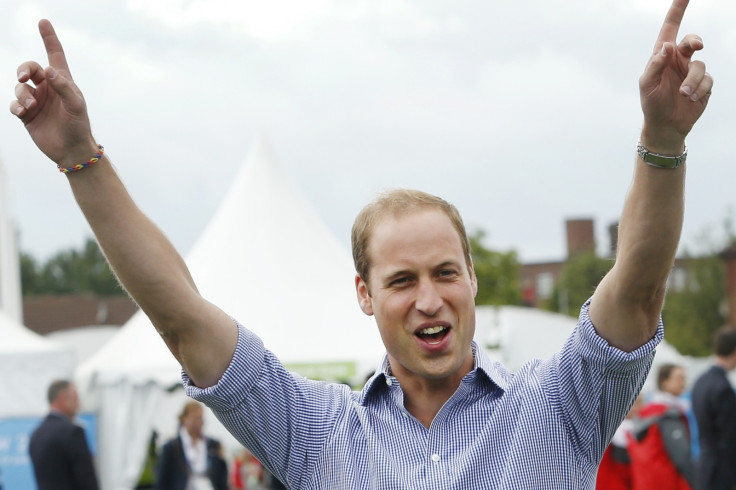Should Prince William be allowed to 'Dad Dance' in private?
The media argument is that he was in a sufficiently public place for the footage to justifiably be published.

The footage taken on a mobile phone of Prince William showing off his dancing skills (or lack of) in a Verbier nightclub on a lads' weekend raises interesting moral and legal questions. It is accepted even by the more aggressive end of the popular media that the prince should have some zone of privacy in which he can be free of the prying eyes of the world media. The question arises with this footage as to whether the occasion on which it was taken falls outside or inside that zone.
If Prince William had been at his own home or some other private residence when the footage was taken, the answer would have been clear cut. The occasion was private, and no footage taken of the occasion should enter the public domain. This is what the IPSO Code says; "is unacceptable to photograph individuals, without their consent, in public or private places where there is a reasonable expectation of privacy." The difficulty is that Prince William was at a nightclub.
The media argument is then that he was in a sufficiently public place for footage of his dance moves to justifiably be published. The media will also argue because of his status as second in line to The Throne and consequent high profile, and because he has generated controversy by not being in the UK for a commonwealth event, there is public interest in the material seeing the light of day. This argument would however only justify reporting the prince's activity – not showing footage of it.
Something similar happened to Prince William's younger brother when in 2012 pictures were released of Prince Harry having a particularly wild party in an American hotel where he had at some stage parted company with his clothing. Although the party was at a hotel, unlike the nightclub where his elder brother was photographed, the party was a private one, in space to which the public was not admitted.
For reasons which I will never understand, no real effort was made to enforce Prince Harry's Article 8 Right of Privacy in the circumstances. Worse, it was said on his behalf that the decision as to whether to publish the footage was an editorial one, which should be left to newspapers. That would have engendered much celebration in the corridors of Fleet Street, as it would inevitably have been read as a white flag waved by Team Harry for any future occasion where his privacy had been infringed.
When it comes to dealing with the media, having entitlements in the form of human rights either from the law and/or regulation is of almost no value unless you take steps to prevail on the media to respect those entitlements. Prince William is in the very small minority of people who have the means to do so. He has in the past taken steps to protect the privacy of his wife (and previously when she was his fiancée), and his children.
Prince William may have concluded that in those circumstances he has to allow himself to be fair game for the media for strategic reasons. The risk that confronts him however is that at each time he does nothing to protect his own privacy, so will the boldness of the popular media increase; and by the same process these accretions into his sphere of privacy will cause it to shrink. It was Churchill who said: "The price of freedom is eternal vigilance". The price of privacy is no less.
Jonathan Coad is a specialist media lawyer and partner at Lewis Silkin LLP. He acts for both claimants and defendants. Follow : @jonathan_coad
© Copyright IBTimes 2025. All rights reserved.






















